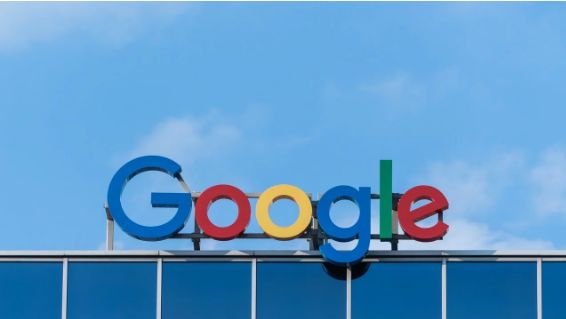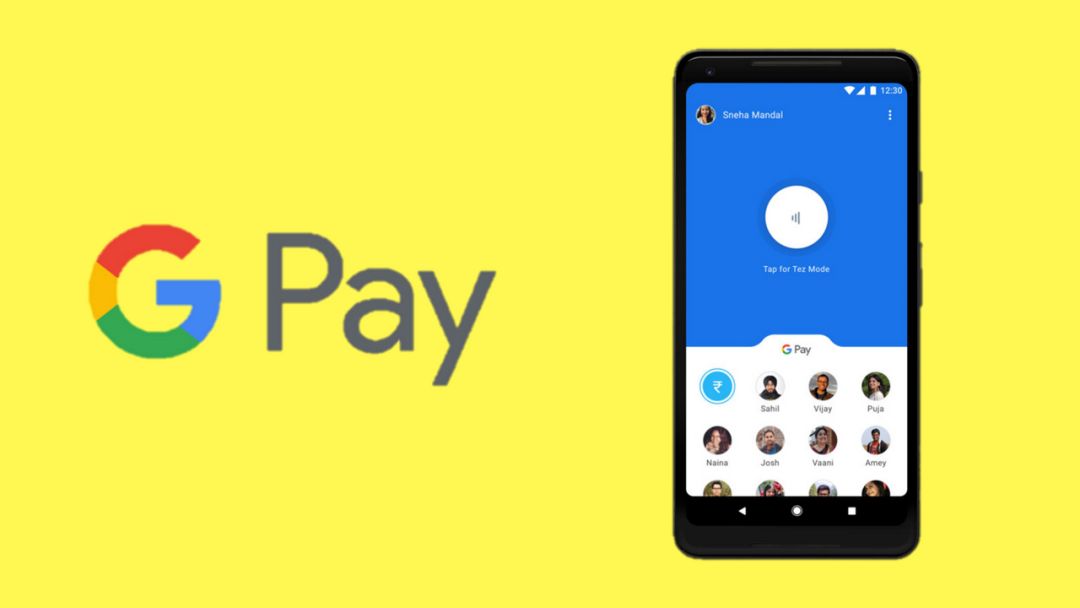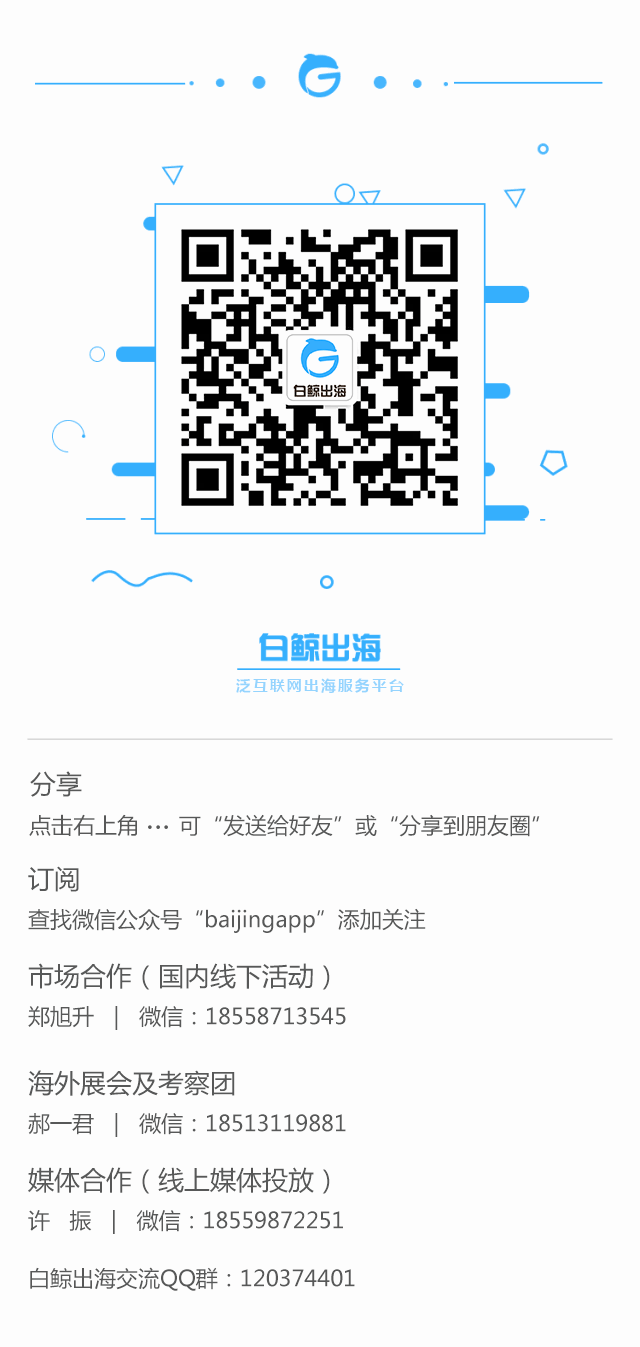Facebook's 2018 ad revenue in India will be $980 million, shaking Google's dominance
Google, the search giant, is narrowly ahead of Facebook in the battle for digital advertising revenue in India's core market, even though it landed in India much earlier and has not been mired in privacy disputes like Facebook's, according to people familiar with the matter.
Facebook's success has eroded Alphabet's dominance of Google. Facebook's India business is run by Sundar Pichai, an Indian who, as a family member, has made the development of emerging markets a top priority.
Earlier this year, Google's Indian executives were shocked to hear that Facebook could generate about $980 million in revenue in India in 2018, according to people familiar with the matter. You know, Google's revenue in India was just $1 billion in 2017.

Google's company logo. Photo credit: Reuters
Both Facebook and Google declined to comment on revenue data from the Indian market or competition between the two companies.
Now Google is fighting back, trying to attract customers with better ad-buying tools and more localized services. The adjusted strategy is beginning to bear fruit, and the time Indian consumers spend on Google's services has begun to rise.
Google is critical to the long-term growth of companies in developing markets around the world. The competition in India is a powerful example of the huge challenges Google has faced in this market. In developing markets, many consumers have abandoned Google Search and YouTube in favor of Facebook and its Instagram and WhatsApp, digital tools that have since come to the fore, and their advertising revenues have soared.
"While Facebook hasn't created specific features for Indian advertisers yet, it's really a more user-friendly platform," says Vikas Chawla, a small ad buying agency in India.
Narayan Murthy Ivaturi, vice president of FreakOut Pte Ltd, a Digital Marketing company in Singapore, says Facebook ads are less subject to language barriers than ads on Google Search or YouTube because they rely more on visual elements. Narayan Murthy Ivaturi and other advertisers believe Facebook and its Instagram app can more easily target young consumers and rural people.
Despite India's civil unrest and political controversy, Facebook's boom in the market has only grown, and India is the fastest-growing digital advertising market of all major economies.
Last year, Facebook and Google accounted for 68 percent of India's digital advertising market, according to Magna, an advertising buyer. GroupM, the media agency, expects india's digital advertising spending to grow by 30% this year.
For Google, Facebook's popularity is also evident in the U.S. market, where it is headquartered. According to a Reuters interview, at a recent lunchtime, six out of 10 people who walked out of Google's Bangalore office were looking at their phones and checking WhatsApp, and all 10 respondents said they used WhatsApp regularly.
In addition, eight Indian ad buyers interviewed by Reuters were at a different level about whether Facebook could surpass Google in Indian advertising revenue. Even such questions speak volumes, which is enough to explain why Pichai, Google's Indian leader, is starting to focus on emerging markets.
"India is the most important market in the Next Billion Users program," Caesar Sengupta, the program's director, said during the annual Google for India event in New Delhi on August 28.
01
The new policy
Nelson Mattos, who has overseen Google's European and African operations for years, says Google has been designing services for early adopters of new technology for years, often concentrated in Silicon Valley. Excellent products after a few twists and turns will gradually gain a wide global audience.
"Over time, in these emerging markets, when you've seen Facebook grow steadily, you've seen WhatsApp and other tools become more influential, you've seen them adopt a different marketing strategy than Google, and Google is starting to realize that they're going to have to change that model," Mr Matos said.
Three years ago, shortly after taking charge of Google, Mr Pichay developed a new strategy for markets such as India: tailoring more services to locals; more marketing campaigns through radio, billboards and television; hiring more local staff and increasing investment in local start-ups.
LinkedIn's India workforce has more than doubled to more than 4,000, about eight times as many as Facebook, according to LinkedIn's profile and company profile.
At the same time, Google's products are being optimized, making it easier for users with lower data plans to use the company's services. Smartphone apps such as File Go and Tez, which changed their name to Google Pay at the end of August, have also been developed specifically for Indian users.

Tez has now changed his name to Google Pay. Photo source: Google Blog
Asif Baki, a Google user researcher, oversees a two-week "immersive trip" of executives and employees in emerging markets. In response, Mr Barkey said: "It's definitely a big change. "
These efforts are bear fruit. In the first half of this year, Indian users spent more time on Google services than on Facebook, according to Comscore, an audience research firm. But in the same period last year, Facebook was ahead of Google.
Google is now expanding these achievements into its advertising business. Earlier this year, several Google executives, including the head of display advertising and small business advertisers, secretly traveled to India to better understand the needs of its customers.
According to people familiar with the matter, the visit spawned a number of ideas, such as allowing advertisers to limit their audience to certain parts of India, largely because of the wide differences in language and culture across the country.
At an event in New Delhi, Google unveiled a plan to increase search results and advertising in regional languages by simultaneously updating Indian newspaper content online.
Google still needs to think about other issues. Small businesses in emerging markets are less likely to own their own websites, which are the basis of Google's advertising campaign, but are irrelevant to Facebook.
Kim Spalding, Facebook's general manager and head of advertising products for small businesses, said the company's management had met with an Indian businessman who recorded product videos on YouTube and sent links to WhatsApp prospects.
Meanwhile, Facebook has begun to commercialize the practice. Just a few weeks ago, the company began charging for text marketing features on WhatsApp, and is expected to launch video ads next year.(Author: Sophia's Bird's Nest)
Learn moreFacebookKnowledge, send"Facebook"Give you the latest article on mob whale out to sea planning!"
This article was edited and published by jqyjr
Recommended reading
2018 Unlocks the right posture for overseas social media operations
Fortress Night achieves the user's high retention design secret - using the player's psychology
Xiaomi App Store's overseas distribution has exceeded 3.2 billion yuan to read the new layout of MIUI's offshore business
How do Google Play recommend apps and games? The following data are derived from the recommendation pages of the last 2 years
The App Store recommends analytics series 2: iOS 11, half a year after the release of Apple is how to recommend games and apps



Send to the author